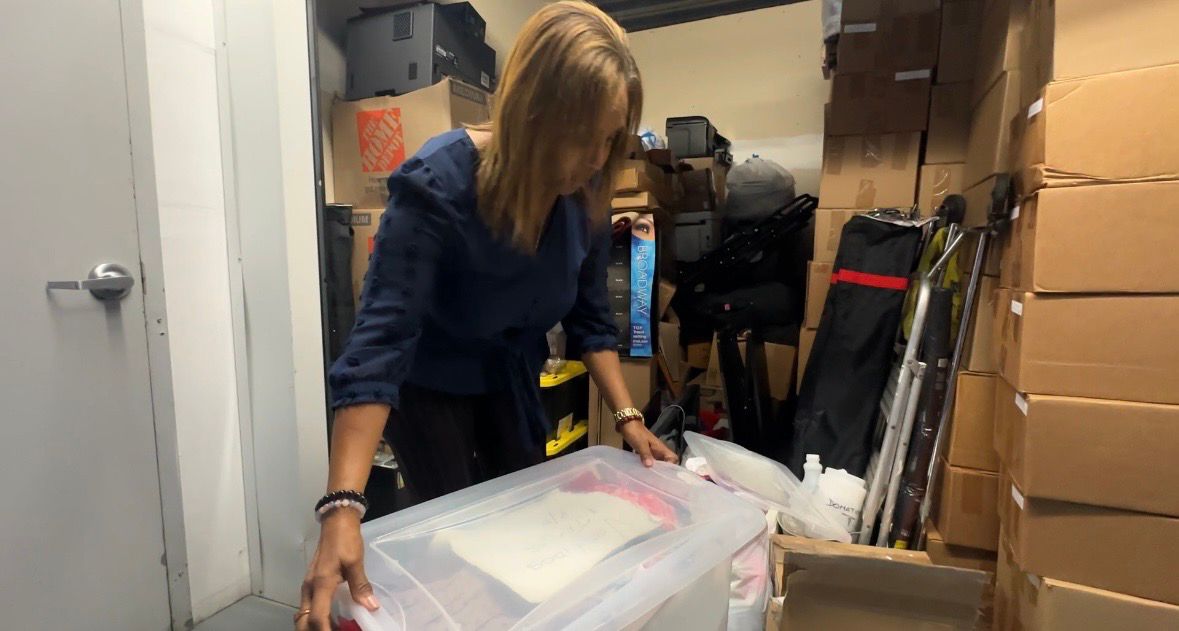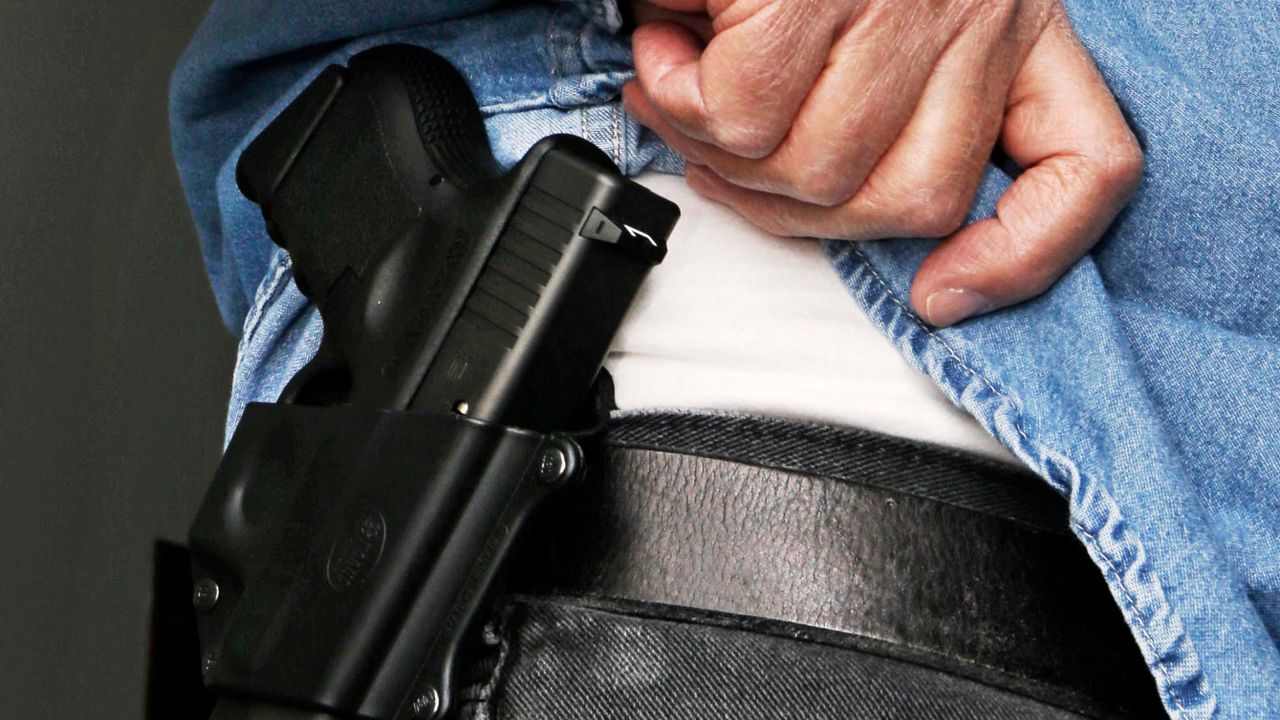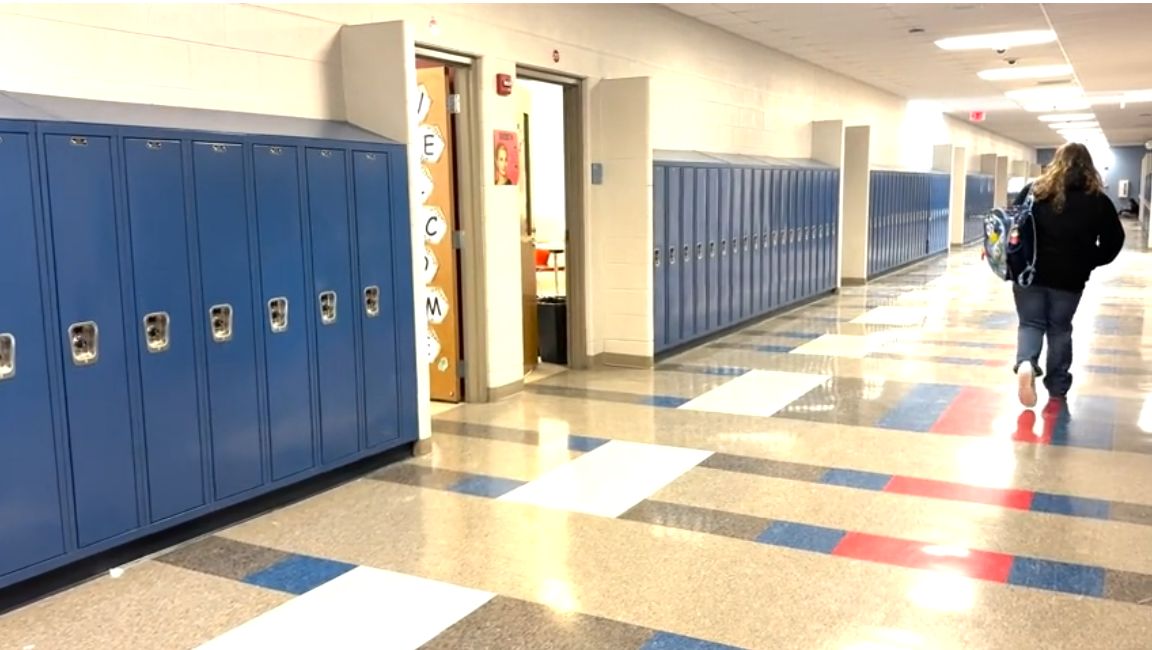When the Obama administration’s announced it would reestablish diplomatic relations with Cuba in 2014, there was genuine excitement in the Tampa Bay area, home to the third largest population of Cuban-Americans in the country.
What You Need To Know
- Cuban-American leaders expect Biden to lift restrictions on Cuba
- There is disagreement over how and when that should happen
- Cuba’s support for Venezuela’s Maduro could be a sticking point
Many of those policies were reversed during the Trump administration, but a new policy paper published this week by the Cuba Study Group is calling for the Joe Biden administration to pursue a multi-pronged approach to get relations between the two countries “on a more constructive track, regain control of the narrative, and incentivize further reforms in Cuba.”
The paper specifically calls for lifting restrictions on commercial and charter flights, ending remittance caps, and restoring consular services in Cuba, along with other policy changes.
Al Fox is with the Alliance for Responsible Cuba Policy Foundation. He says that while some advocates for closer U.S.-Cuban relations expected that Biden would immediately revert back to the Obama-era policies, that hasn’t happened yet. And he calls that “a great disappointment.”
“He can do this in 60 seconds,” Fox says. “All he has to do is issue an executive order and say, effective immediately, I am rescinding all of Donald Trump’s executive orders regarding the United States-Cuban policy, signed, Joe Biden, President of the United States, and it is done.”
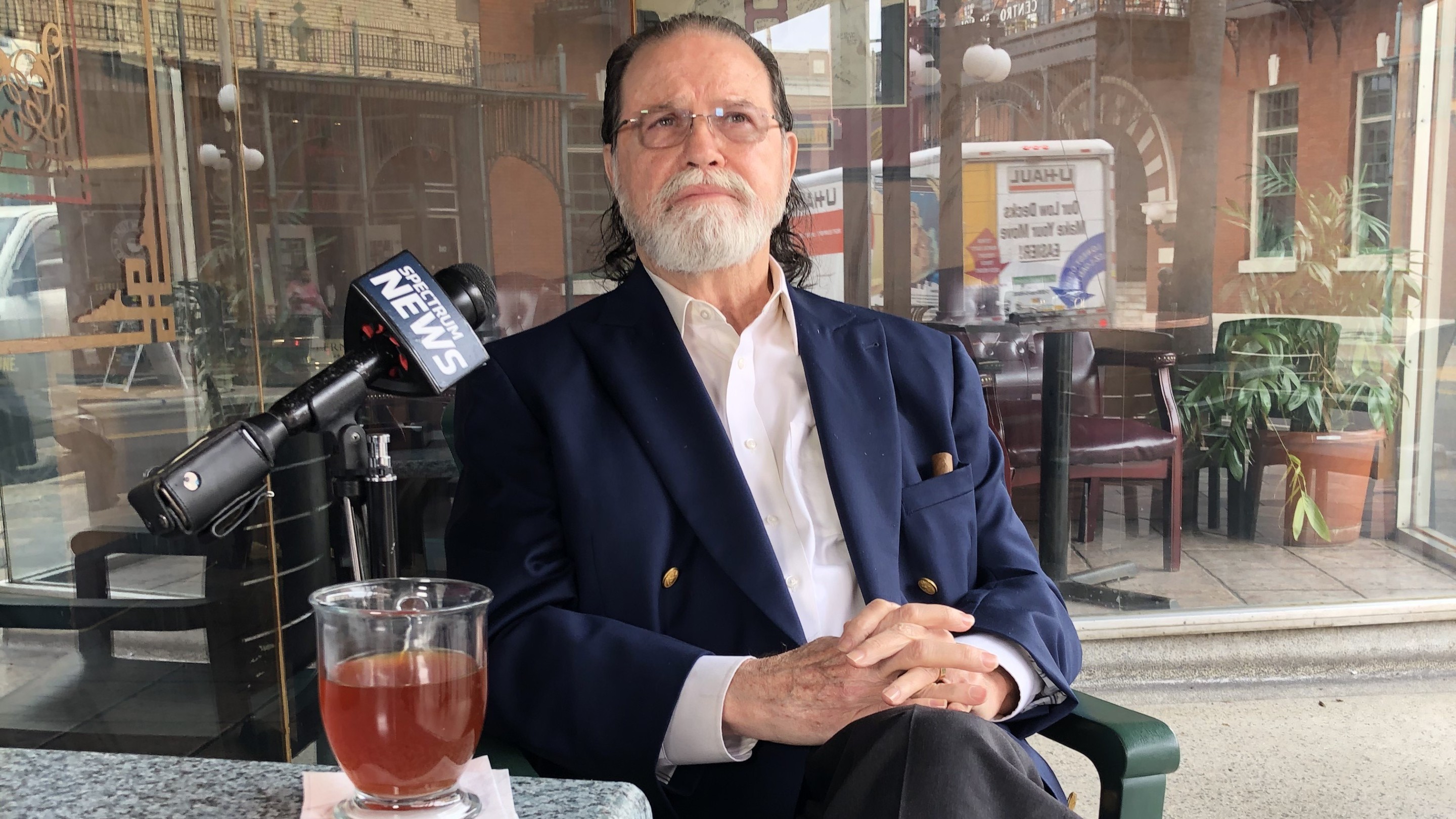
Al Fox, Alliance for Responsible Cuba Policy Foundation (Mitch Perry/Spectrum News)
The Center for Democracy in The Americas also recently issued a roadmap for how the Biden administration could implement a policy of engagement with Cuba. It lists two potential obstacles: one being the reported injuries to dozens of staffers at the U.S. Embassy in Havana that has never fully been resolved; the other is Cuba’s support for the Nicholas Maduro government in Venezuela.
That report notes that Cuba’s involvement poses a political problem because Republicans are likely to attack engagement as “rewarding Havana despite its support for Maduro.”
On the other hand, the report notes, Cuba could have “considerable influence” with the Maduro regime, and engaging with them “is a necessary condition for reaching a Venezuelan settlement that works.”
Tampa attorney Ralph Fernandez has been battling the Cuban government for decades and has defended (pro bono) many Cubans accused of trying to bring down the Fidel Castro regime, including such controversial figures as former CIA operative Luis Posada Carriles.
He says he trusts President Biden will make the right decisions when it comes to reengaging with the Cuban government, but believes the president will take his cues from New Jersey Democratic Senator Robert Menendez, the newly minted chairman of the Senate Foreign Relations Committee.
“He’s been a lion in the struggle against the Castro regime,” says Fernandez. “He’s a lifelong Democrat, and he knows more about the Cuban situation as well as the impact on the diasporas that are implicated than anyone on the planet.”
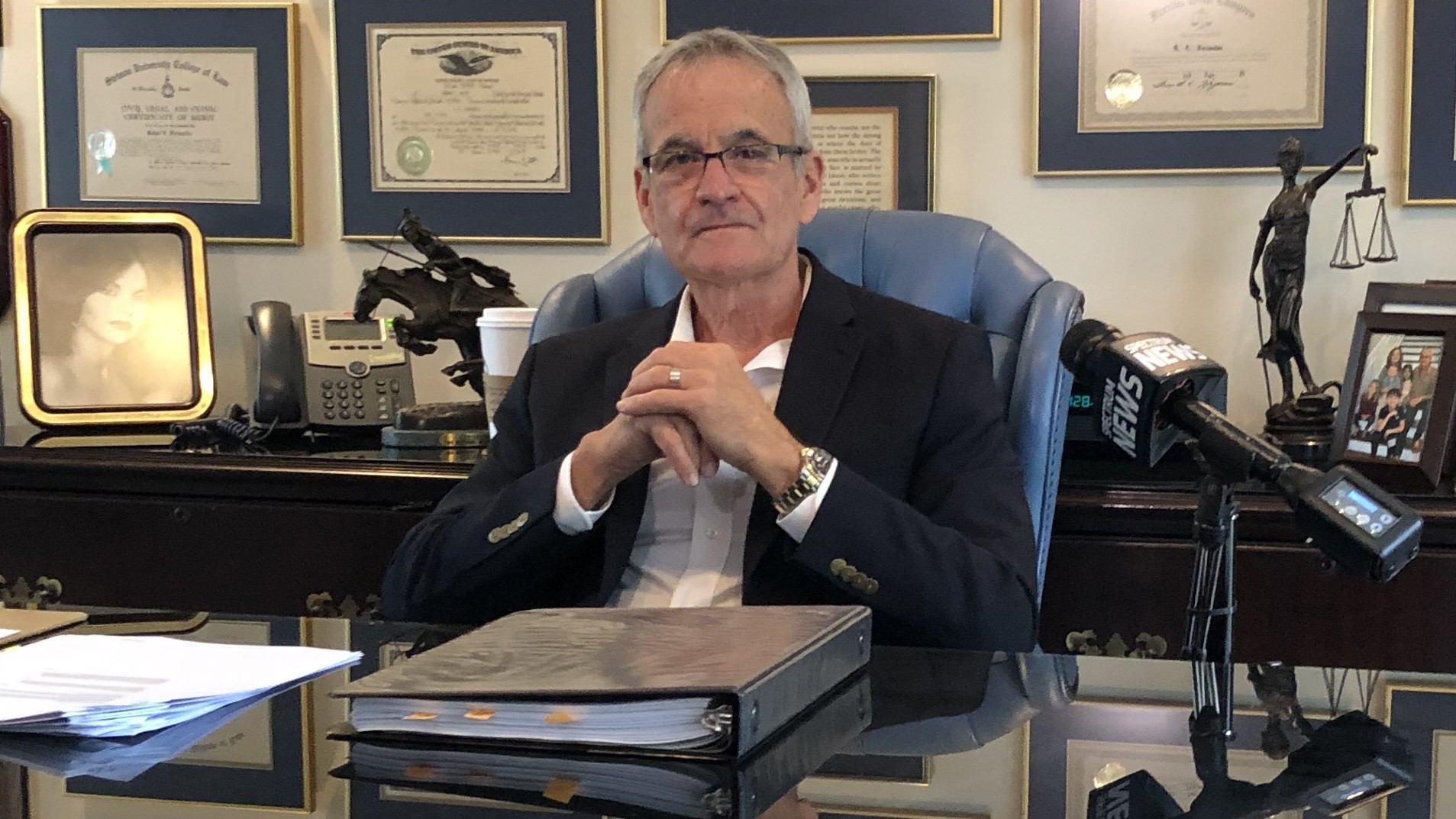
Ralph Fernandez, attorney (Mitch Perry/Spectrum News)
Tampa Democratic Congresswoman Kathy Castor has been pushing for the U.S. to ease restrictions on trade and travel to Cuba for nearly a decade.
“The Trump administration policies brought pain and hardship to families and hurt our efforts to support private, small business owners, and promote human rights and democracy on the island,” she told Spectrum Bay News 9 in a written statement. “I encourage the Biden administration to help families by safely restaffing the embassy, eliminating restrictions on remittances and processing visa applications in order to reunite families”
Florida GOP Senator Marco Rubio was a supporter of Donald Trump’s “Maximum Pressure” policy on Cuba.
In Medium last month, Rubio wrote that Biden’s “personnel announcements suggest he will prioritize appeasing the regime, and we will get our first indication very early in the administration.”







